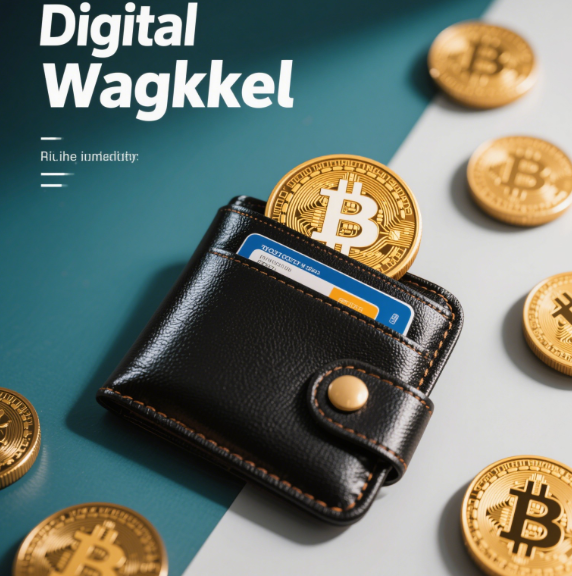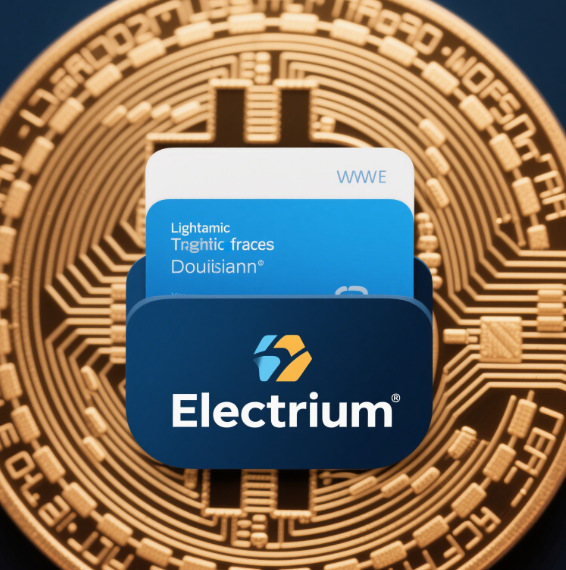In the rapid development of the cryptocurrency era, an increasing number of individuals are turning their attention to how best to securely store and trade assets like Bitcoin. Yet, faced with a myriad of wallet types, many may feel overwhelmed and unsure where to begin. Have you ever felt lost in the world of cryptocurrencies? Are you a bit confused about the differences between “hot wallets” and “cold wallets”? Don’t worry! Today, we will explore the types and features of cryptocurrency wallets while highlighting the safest options available. Our aim is to help you secure your investments so that you can focus on making sound decisions in the digital currency space.

Overview of Cryptocurrency Wallets
A cryptocurrency wallet is a tool used to store, receive, and send digital currencies. Unlike a traditional wallet, a cryptocurrency wallet does not hold the currency itself but rather stores the private keys that correspond to your digital assets. With these private keys, users can manage and transfer their assets. Depending on different use cases and security needs, cryptocurrency wallets can generally be categorized into the following types:
Hot Wallets: These are wallets connected to the internet, generally favored for their convenience and speed, making them suitable for everyday transactions. Common examples include mobile apps, desktop wallets, and wallets provided by exchanges.
Cold Wallets: These are completely offline storage methods that offer higher security. Typical cold wallets include hardware wallets, paper wallets, and metal wallets, making them ideal for long-term storage of large assets.
Software Wallets: These are wallets implemented through software applications, encompassing both hot and cold wallets. Users can generate and manage their wallets by downloading specific applications.
Hardware Wallets: These physical devices are specifically designed for storing private keys. Hardware wallets support multiple cryptocurrencies and are a top choice for many investors due to their robust security features.
Security of Cryptocurrency Wallets
Before selecting a wallet, security should be your primary consideration. Here are several tips to ensure the safety of your cryptocurrency wallet:
Enable Two-Factor Authentication: For hot wallets, it's advisable to enable two-factor authentication (2FA) to bolster account security.

Regularly Backup Your Private Keys: Whether using a software or hardware wallet, regularly backing up your private keys and recovery phrases, and storing them securely, is imperative to avoid losses due to device damage or theft.
Use Trusted Wallet Applications: When downloading wallet software, always choose reputable applications. Avoid unknown or low-rated products to reduce security risks.
Keep Software Updated: Regularly update your wallet software to fix potential security vulnerabilities.
Review of the Safest Cryptocurrency Wallets
Below, we will examine several of the safest cryptocurrency wallets on the market today to assist you in choosing the right tools to safeguard your assets.
1. Ledger Nano X
As one of the most popular hardware wallets globally, the Ledger Nano X features Bluetooth connectivity, allowing for easy pairing with mobile devices. It supports up to 1800 cryptocurrencies and boasts robust security measures. The Ledger company employs secure chips and multiple layers of security to ensure the absolute safety of private keys.
2. Trezor Model T
Trezor is another highly regarded hardware wallet, with its T version offering extensive compatibility and support for various currencies. It features a user-friendly touch screen, making it accessible even for beginners. Trezor's security is not just based on the hardware; it also provides open-source code, guaranteeing transparency.
3. Exodus Wallet
For those interested in software wallets, Exodus Wallet is an excellent option. Its interface is visually appealing and user-friendly, with built-in exchange functionality that allows users to swap cryptocurrencies directly within the app. However, users should still be aware of backup and security settings.
4. Electrum Wallet
Electrum is a traditional Bitcoin wallet known for its lightweight and fast transaction experience. Although its interface is basic, it offers multi-signature support and hardware wallet integration, making it highly secure for experienced investors.

5. Mycelium Wallet
Mycelium Wallet is a Bitcoin wallet geared towards mobile users and is popular for its strong privacy protection features. It supports local transactions and hardware wallet integration, providing excellent security for users’ digital assets.
Choosing the right cryptocurrency wallet not only enhances the security of your investments but also improves your overall experience in the crypto space. After learning about the safest wallet options, we hope you can choose the best wallet based on your needs, whether for daily transactions or long-term holding. Ultimately, securely storing and managing your digital assets will be the first step toward success in the cryptocurrency world. Remember, security should always come first, and staying vigilant will help you navigate the current wave of digital currency with confidence.
















No comments yet